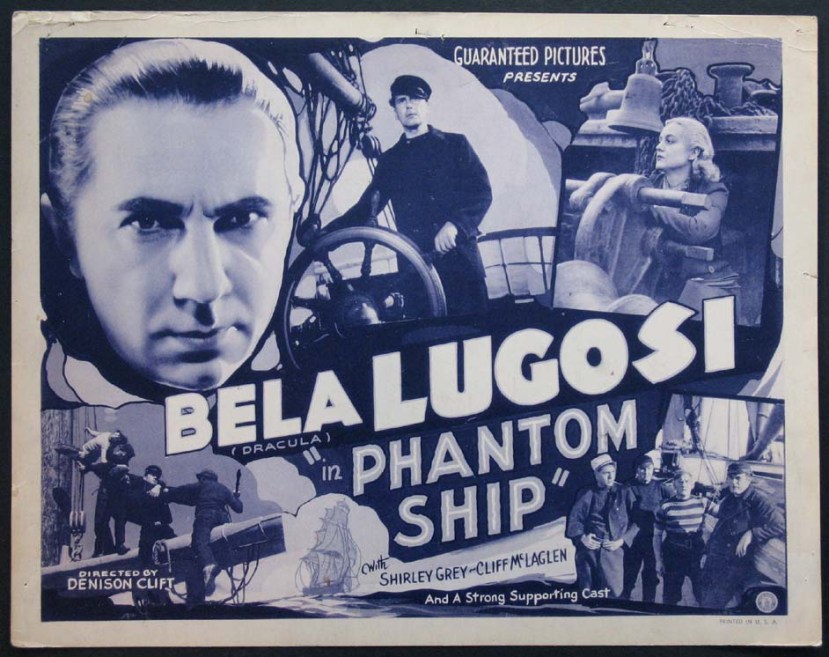Las Vegas. The mere mention of its name provokes Hollywood movie memories from all genres. It is an eternal movie city that can feature any sort of hijinks, madness, mayhem, murder, sin, romance, and anything else a Hollywood screenwriter can dream up to place on the page. The time has come for Las Vegas to meet Jason Statham in Simon West’s Wild Card. The meeting of the pair, a city and an actor who both play the same character whenever they appear on screen, is an exciting idea that has come at a price. That price being a loss of wonder for both as Wild Card is without a doubt a disordered attempt at merging two of the movie world’s best “characters” on screen.
Director Simon West and Jason Statham are not strangers. They have worked together before on The Mechanic and The Expendables 2. It would only seem logical that Statham would be cast in a West picture that will feature him as a bodyguard-for-hire in Las Vegas that has no need for a gun because he can kill you with anything that is available–even a spoon or butter knife. This said character can also take down every man that comes at him with his fists, a kick, or even a jump from a rooftop. Statham was an obvious choice, but he should have chosen differently.

Regardless, Statham took the role of Nick Wild, a lethal bodyguard with a gambling problem that is a sucker for the ladies. This is a movie set in Las Vegas, so there has to be a woman. Never expect this woman to be good, because in Las Vegas a good woman is not any fun; a femme-fatale is preferred. A Las Vegas femme-fatale will also be the end to your simplistic days in the big bad city of oxygen filled air conditioning and mobsters. There are always mobsters, too, because this is Las Vegas. Bugsy Siegel would have it no other way, even from the grave.
In Wild Card it is no secret that Wild is a dangerous man. Everyone knows of him, and you can even find traces of his work on the Internet. The world has become very small, even in the movies. Wild is the man you hire for protection, or whatever else may need doing–or so we must assume as it is never quite clear whether murder is on the menu for Wild’s services. He’s just far too polite to his clients, and way too much of a sucker for one woman in his life: Holly (Dominik García-Lorido from City Island). The name is a nod and a wink to the time of year Wild Card takes place, just before Christmas. Holly may or may not be a woman of the night. She was on a “date” when things did not go as planned afterwards and found herself at a “party” with a visiting mobsters son (played by Milo Ventimiglia from That’s My Boy) and his two overgrown bodyguards. Damage was done, and Holly may never be pretty again. A fact that does not sit well with her and so she enlists the help of her friend Wild. He does not want to get involved, but Holly is manipulative, something that is made clear even with García-Lorido’s lack of emotion and flat as can be delivery of each and every line she is given. She can’t even manage to make a pair of gardening shears appear threatening when they should be terrifying.

Wild handles a matter for Holly and if all went as planned, per formula guidelines, the rest of the film would involve him having to protect himself and clean up the mess he has gotten himself into. But Wild Card deviates from the expected and instead takes the viewer on a strange journey of Wild battling his own inner demons and lack of ability to move forward when the opportunity arises. What is wrong with Wild? That we may never know, exactly, because Wild Card sums it all up to a compulsive gambling addiction. This fact is admitted to by Wild to his awkward screenmate Cyrus Kinnick (Michael Angarano from Gentleman Broncos), a young man who made millions by the age of 19 and is now trying to find a way out of being afraid. One could call Cyrus a guardian angel, or perhaps Wild’s conscience. These two notions are all quite possible, but in reality Cyrus simply comes across as a bystander to Wild’s self-destruction. There is nothing interesting about their interactions, nor do they complement one another in any form to make their relationship feel important. Given that this partnership is awarded a large chunk of the plot in Wild Card does not bode well for the film overall. If one could take a break for 40 minutes around the middle of Wild Card and then return to watch the third act it would benefit them immensely.
Masking the simplicity of the character Wild with attempts to create a complicated man stuck in a complicated city only creates disorder in Wild Card. The set-up promises conflict and action, both of which are sorely lacking throughout. Save for a few scenes where Statham gets to display the character that is “Jason Statham” through Wild, bloodying it up and breaking a sweat, Wild Card does not deliver any sort of action worth looking forward to or remembering afterwards. Wild does get creative in his technique when it comes time to take down a bad guy but the show is far too quick, and the aftermath awash in dissatisfaction. The final scenes of Wild Card try to dispel the memories of what has come before, and are unable to do so. This is Las Vegas and Jason Statham–the bar has been set high. The city should become one with the man, but they never do. Wild Card may as well have taken place in tired Atlantic City or a casino on an Indian Reservation for all the ways Wild Card ignores the city as a character possibilities. A gambling problem and one sitting around a casino for hours winning big only to lose it all do not scream Las Vegas. That can happen anywhere. As can gangster thugs and prostitutes being beaten up. This is “sin city” and we, the viewer, expect more.

It should come as no shock that a Jason Statham/Simon West pairing is not grade-A quality filmmaking. If you saw The Mechanic you should know better than to expect anything above adequate, or even passable. The great shock that comes when the credits roll for Wild Card is that it was written by William Goldman. Goldman is an Academy-Award winning screenwriter. You may have seen one or two or all of his greatest works: Butch Cassidy and the Sundance Kid (1969); Marathon Man (1976); The Princess Bride (1987); Misery (1987); Chaplin (1992); and Maverick (1994). The aforementioned are only a sampling of the work Goldman has done, and done well. He also wrote many of the novels these movies were based off of, including Wild Card–the book is titled “Heat.”
What happened with Wild Card, Mr. Goldman?
The not-so-formulaic but clearly formulaic screenplay is nothing short of amateur. The dialogue is at once nearly fluid and personable, even aptly poignant to the level it can muster for a movie about a compulsive gambler bodyguard played by Jason Statham. But it is all just bland and without real thought or follow-through. Every scene feels staged and rehearsed as if the characters had to be placed there, had to do or say something, because that is what must be done. The creativity Goldman is capable of, that has been witnessed time and again on the page and screen, has been tossed aside with Wild Card. Perhaps Goldman was having a bad week when he wrote the screenplay (one can only hope it did not take any longer). Perhaps he did not want to challenge the viewer, or was tired of creating a screenplay that would make for a movie one would want to watch over and over again. It happens. The sadness it provokes is immense as not only did Las Vegas and Jason Statham not result in greatness, but one of the greatest living screenwriters today failed us all.


